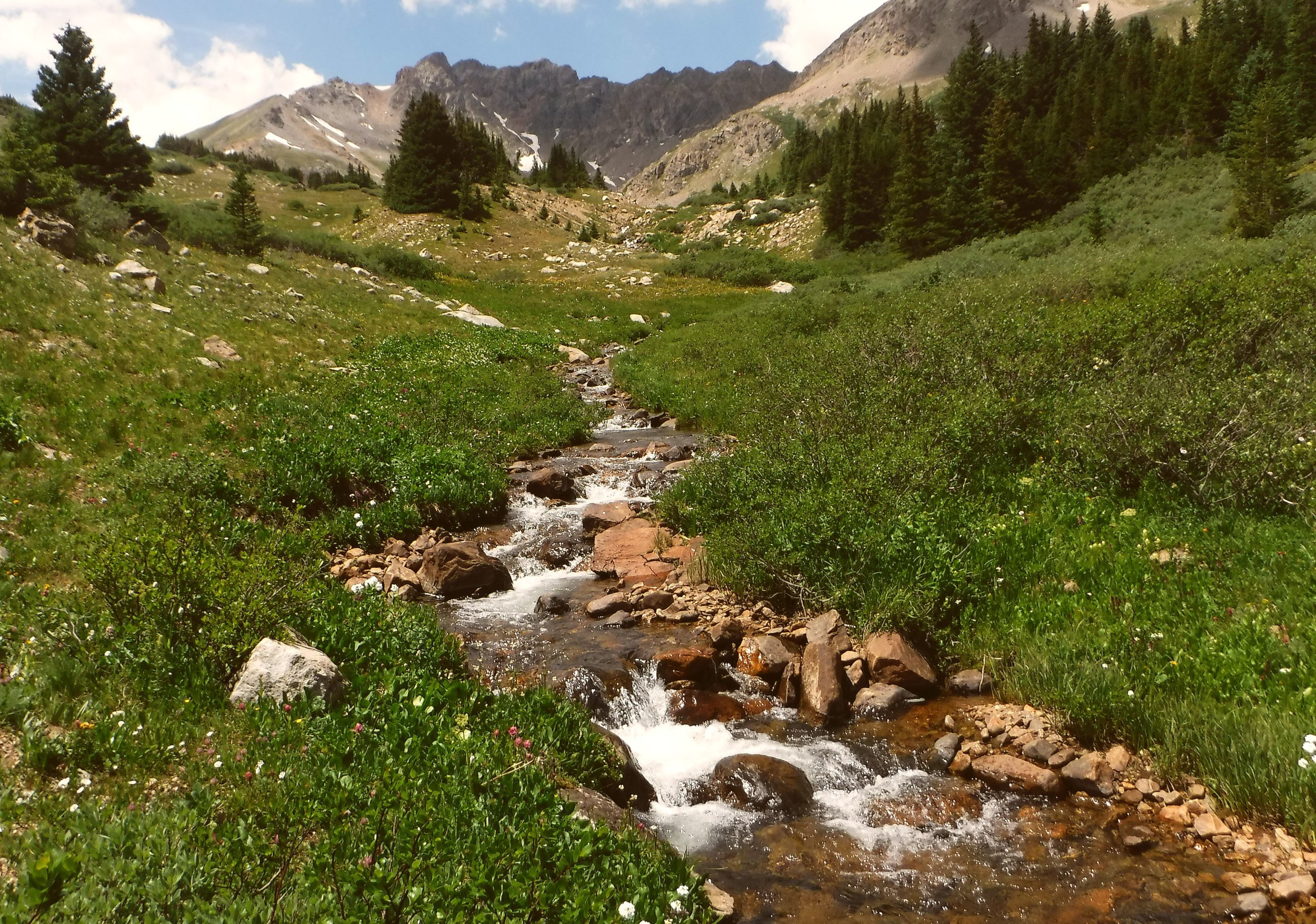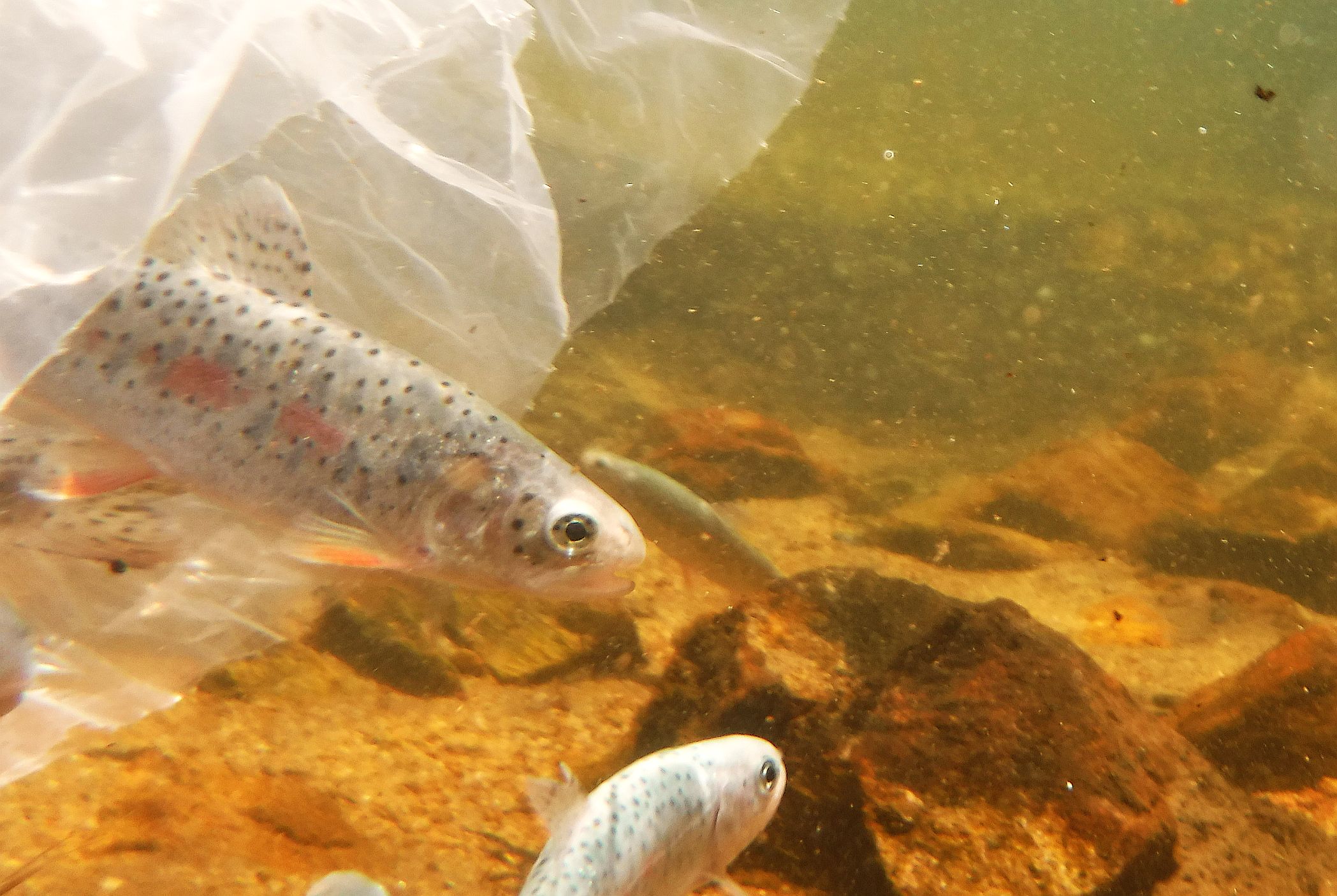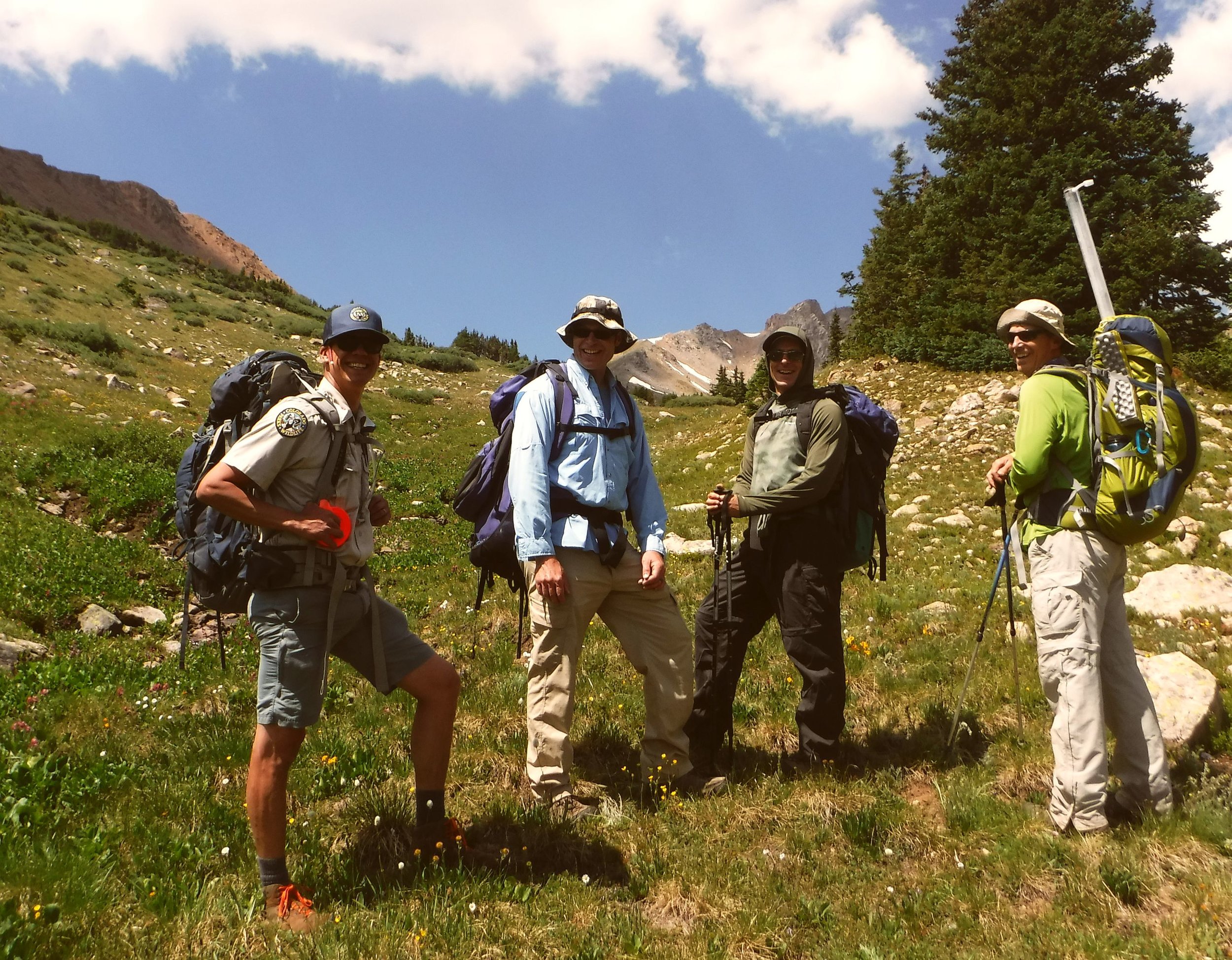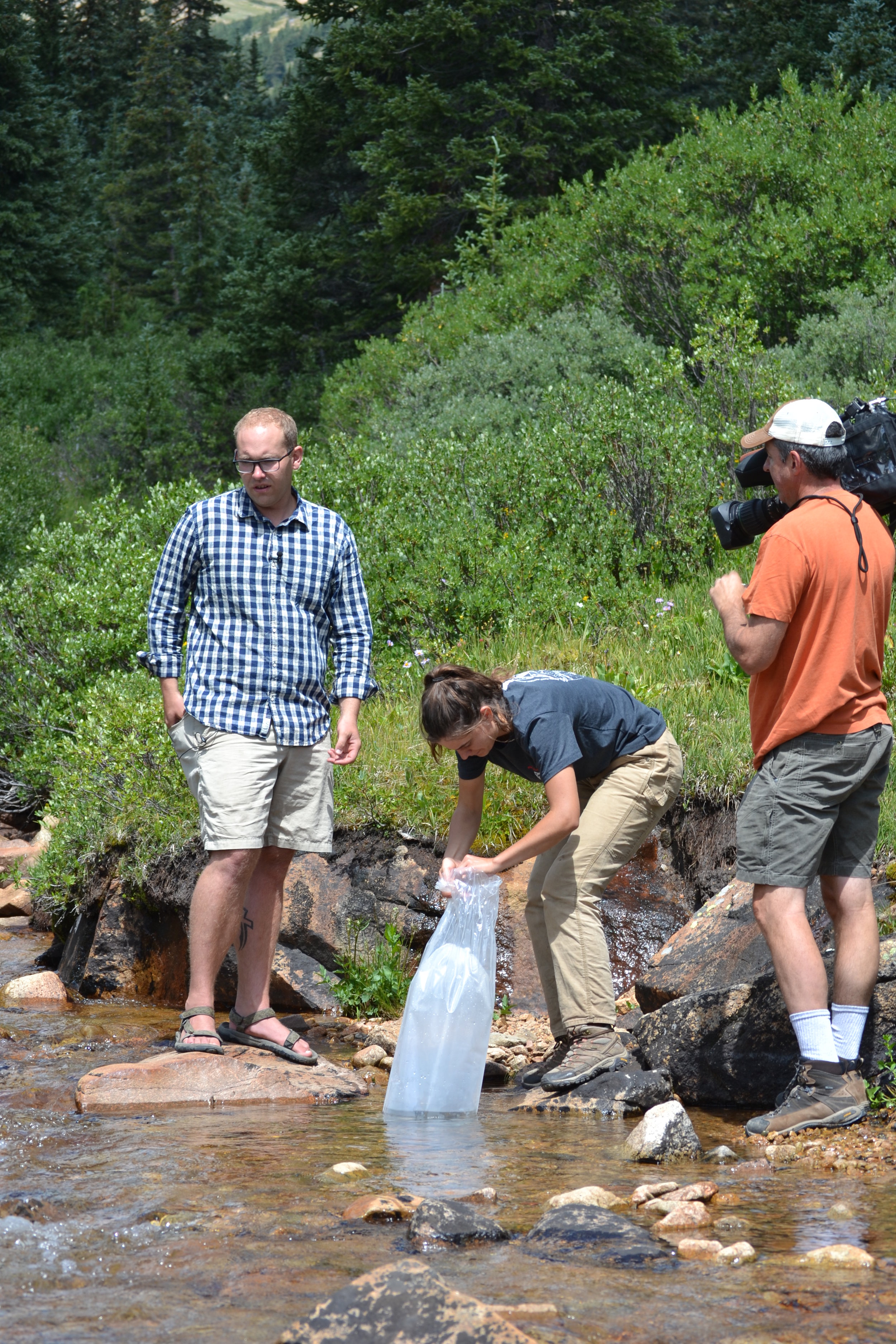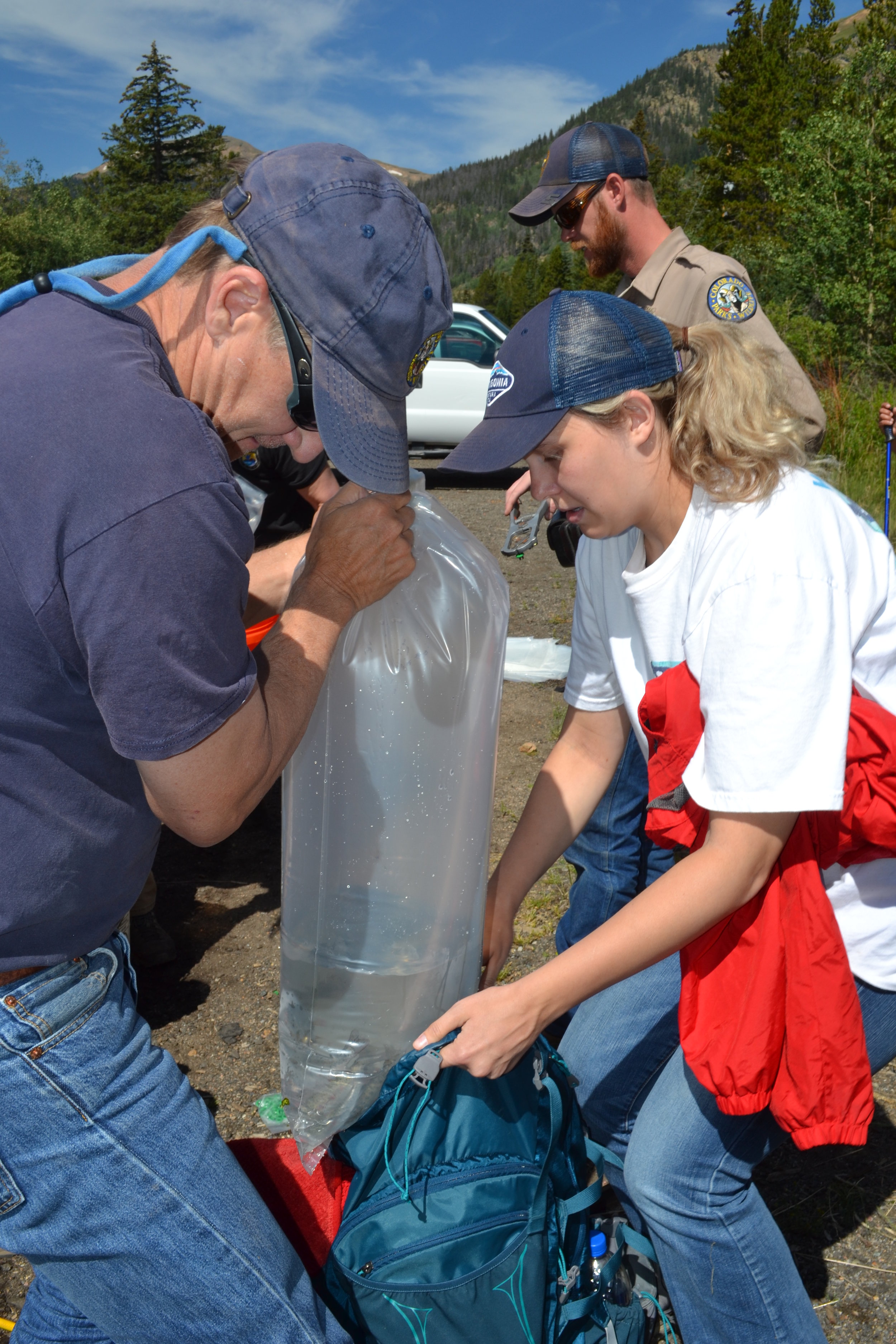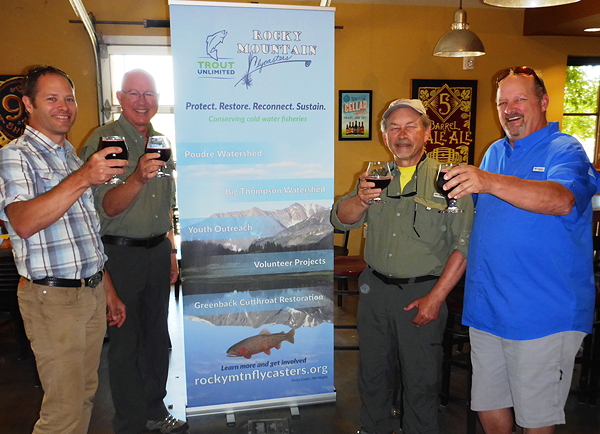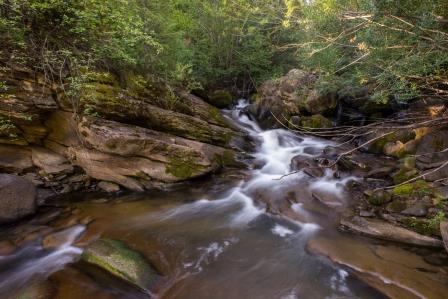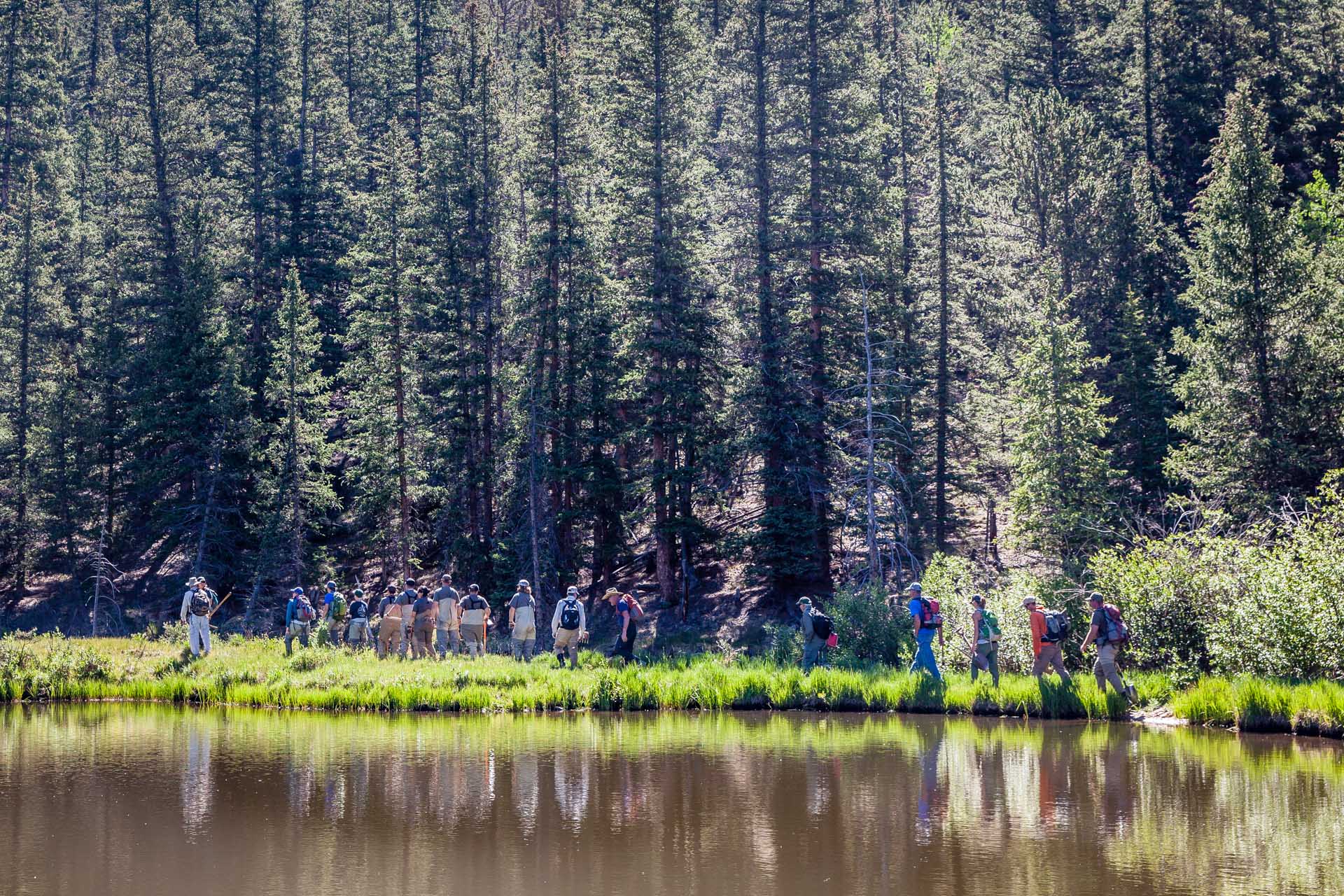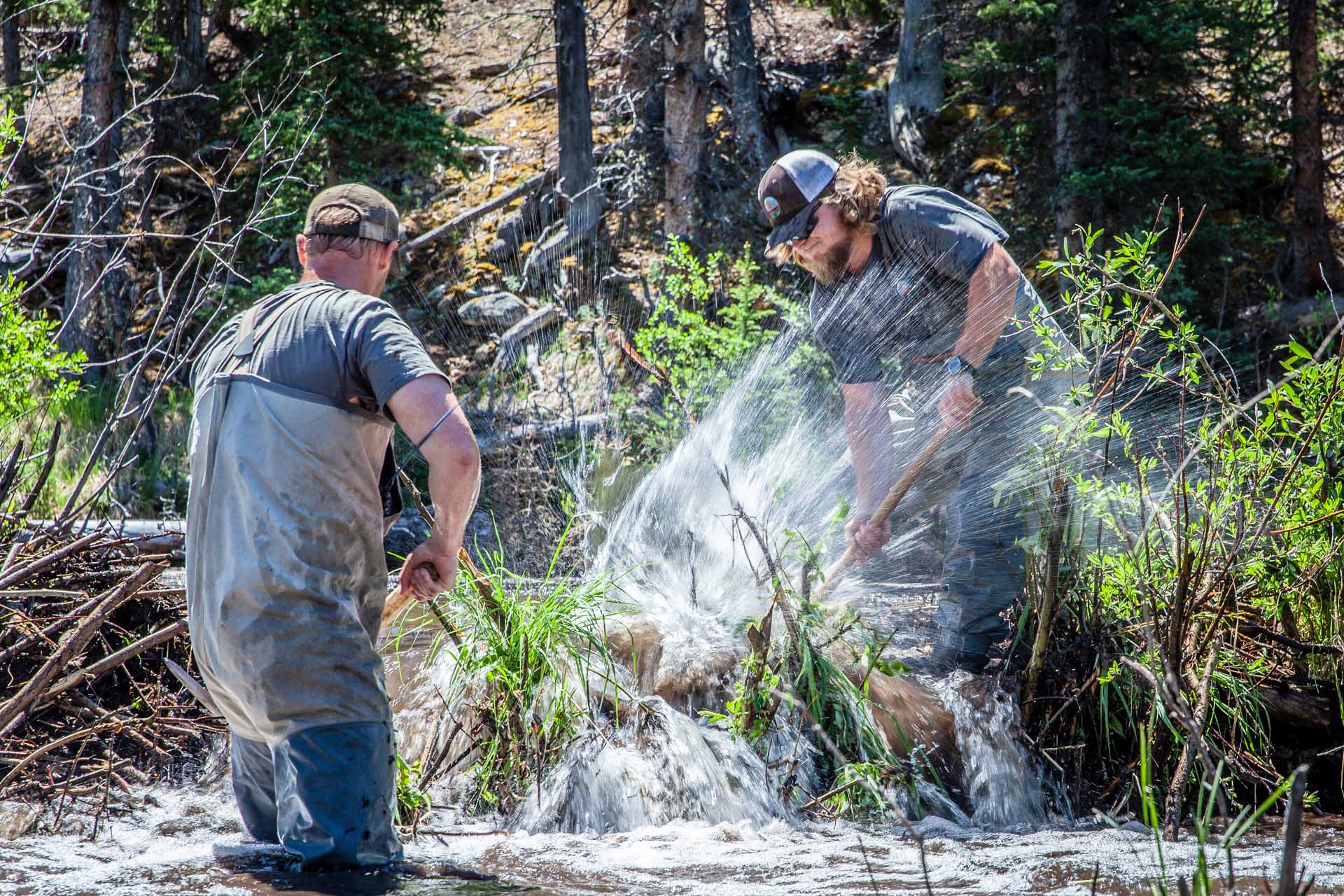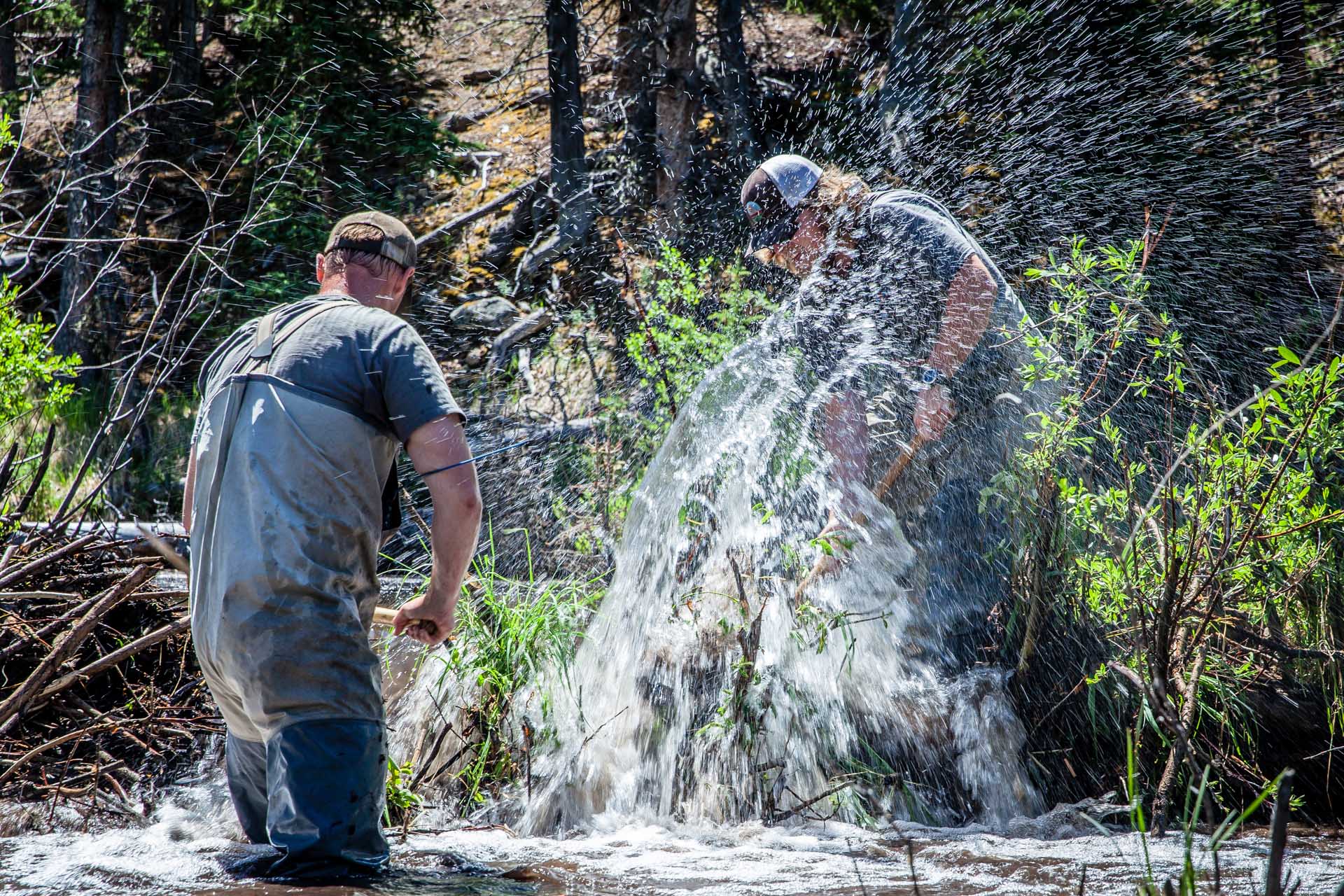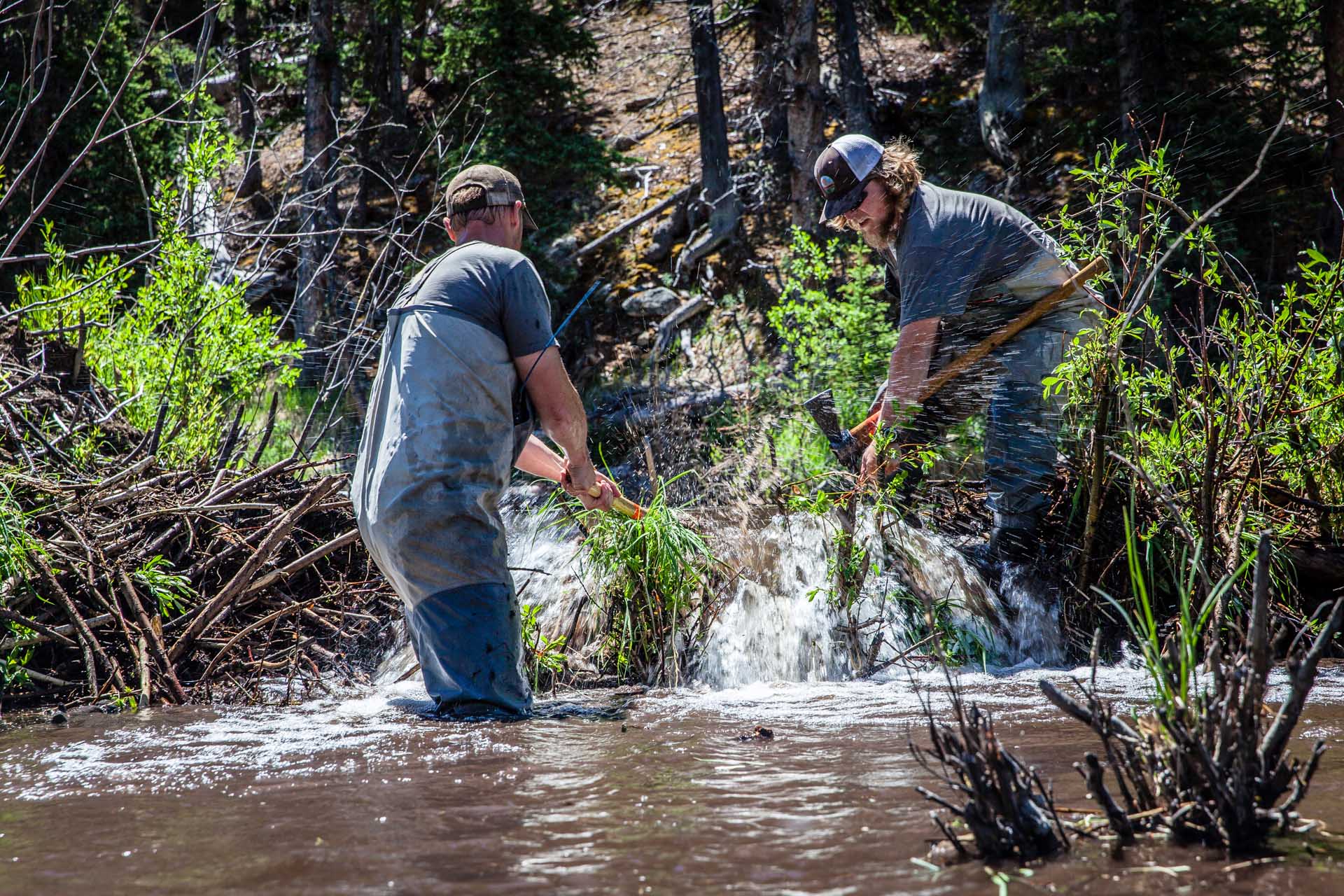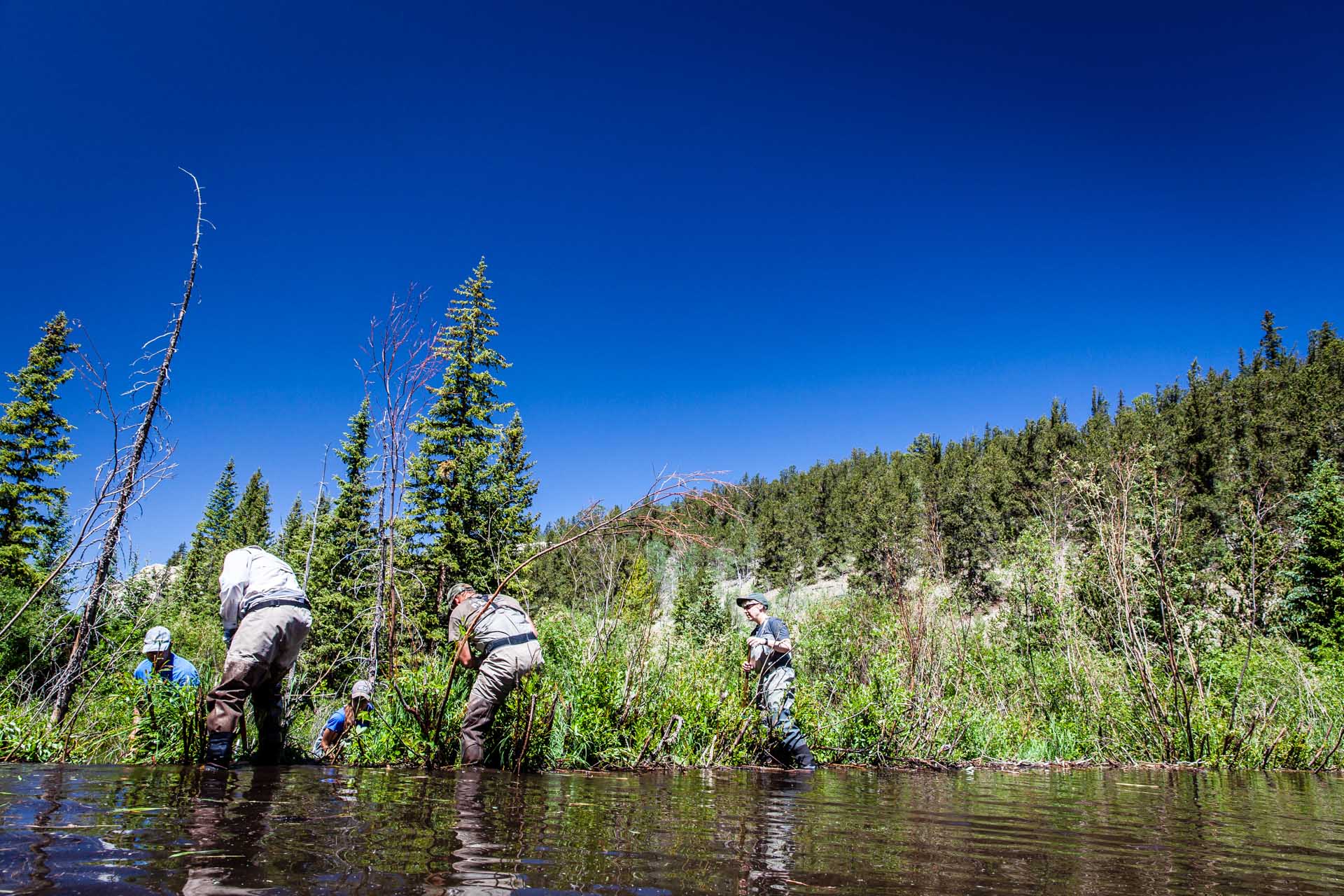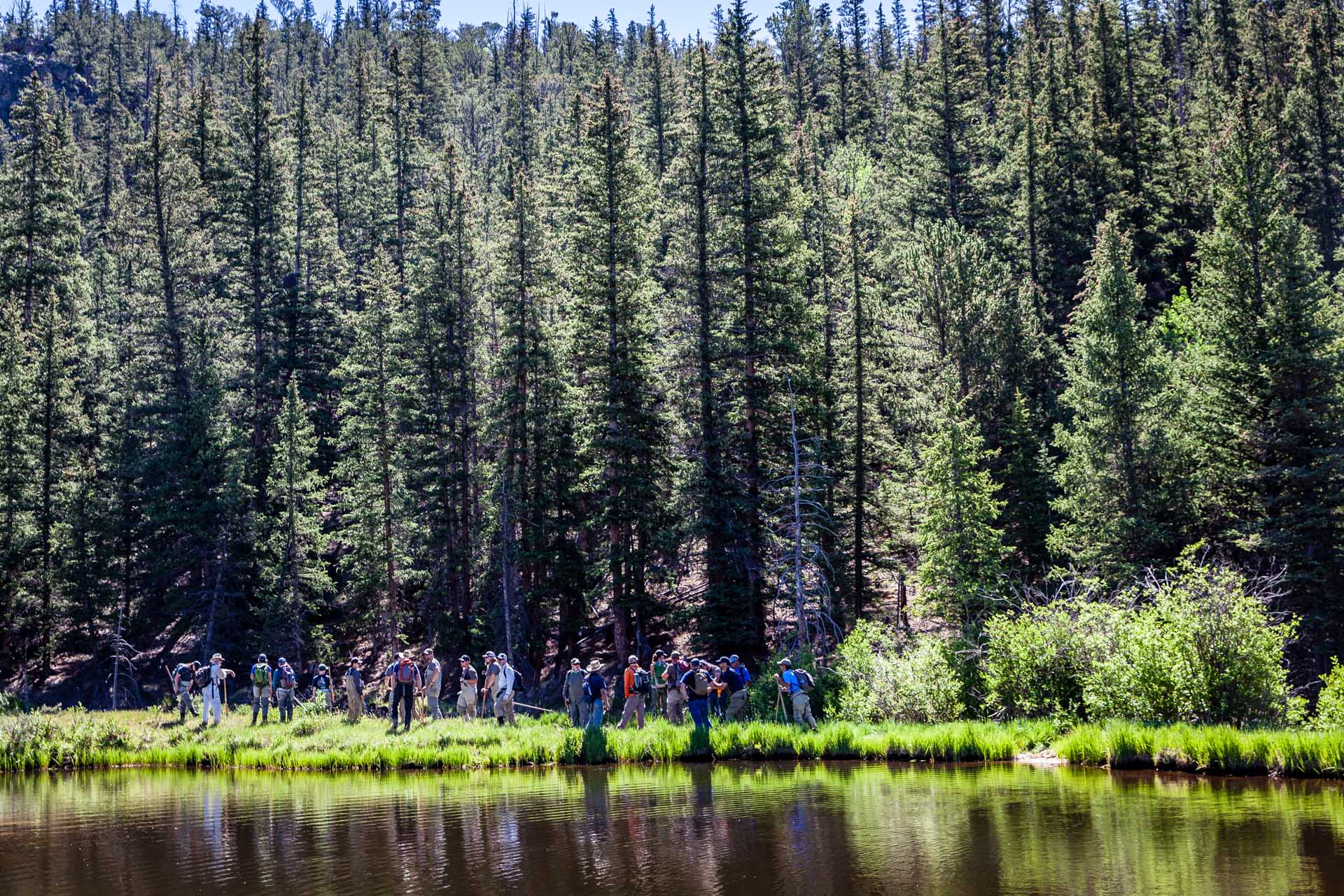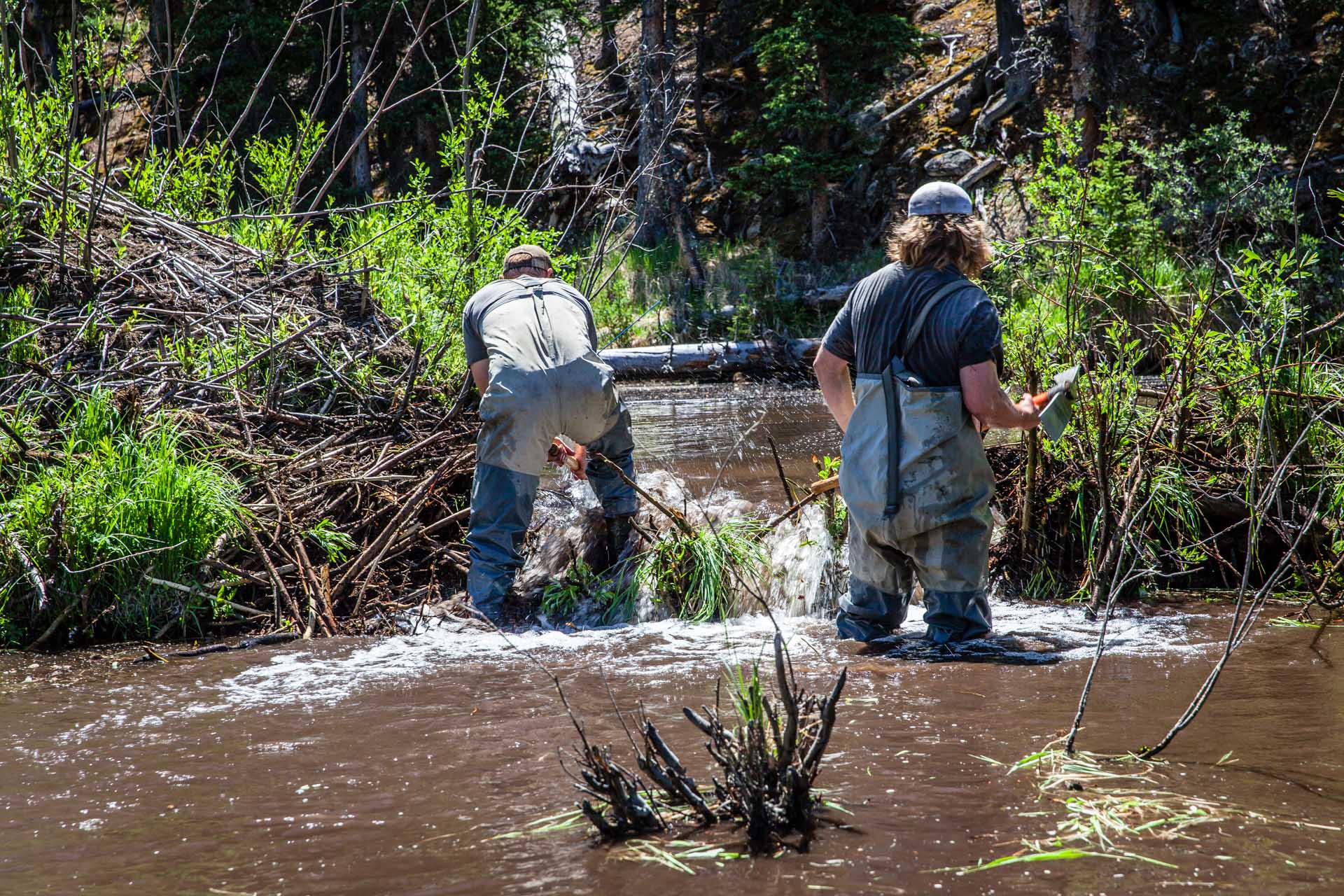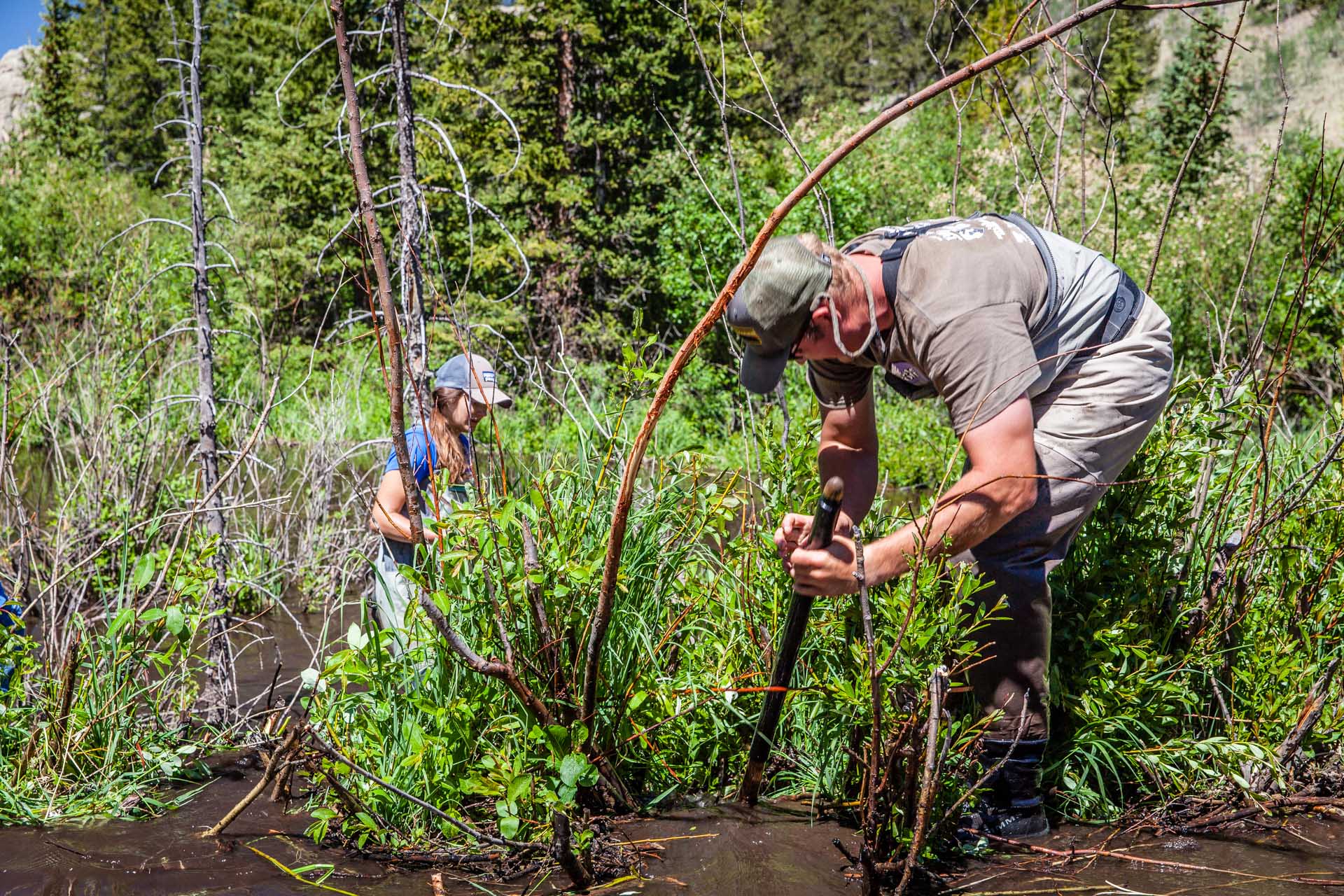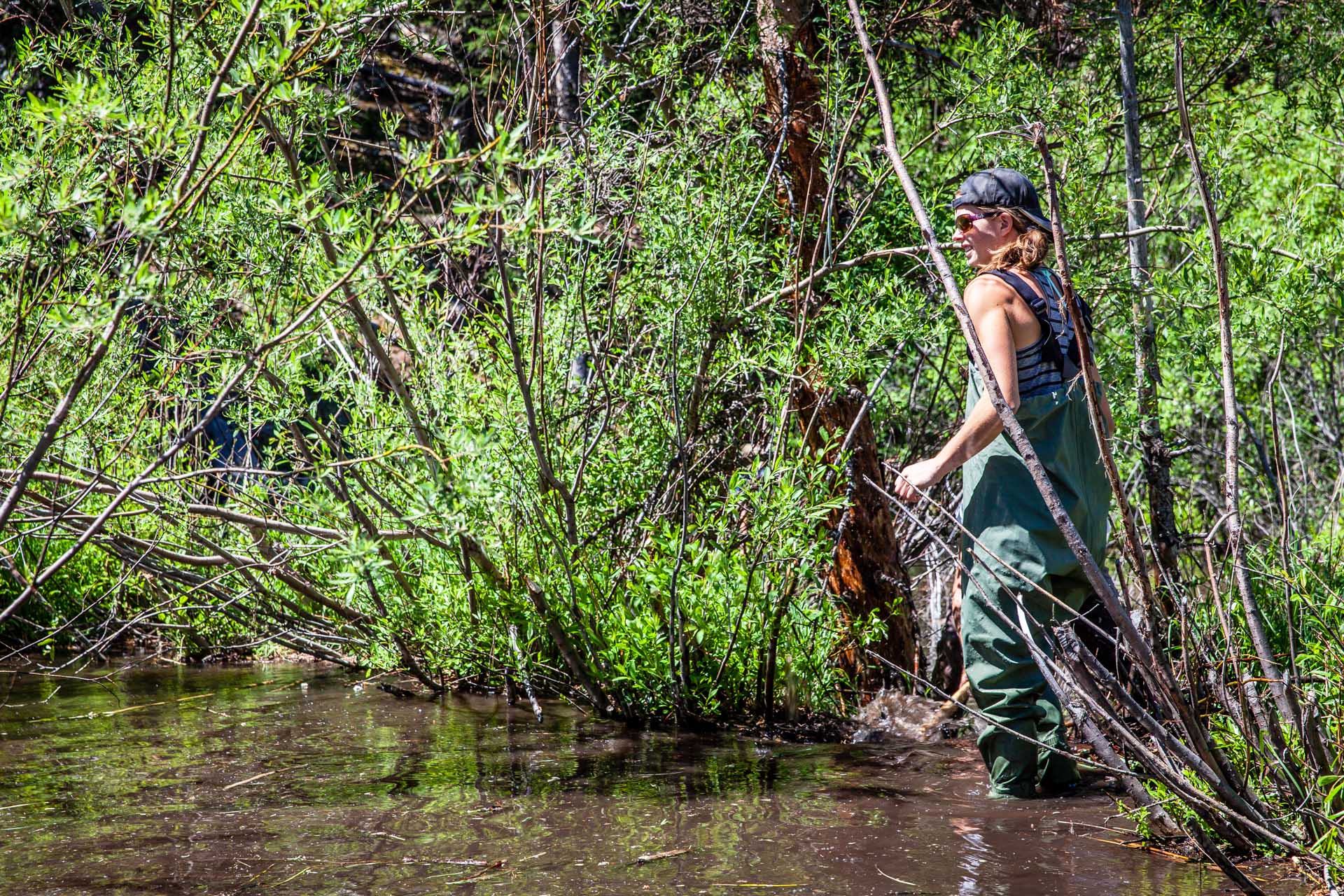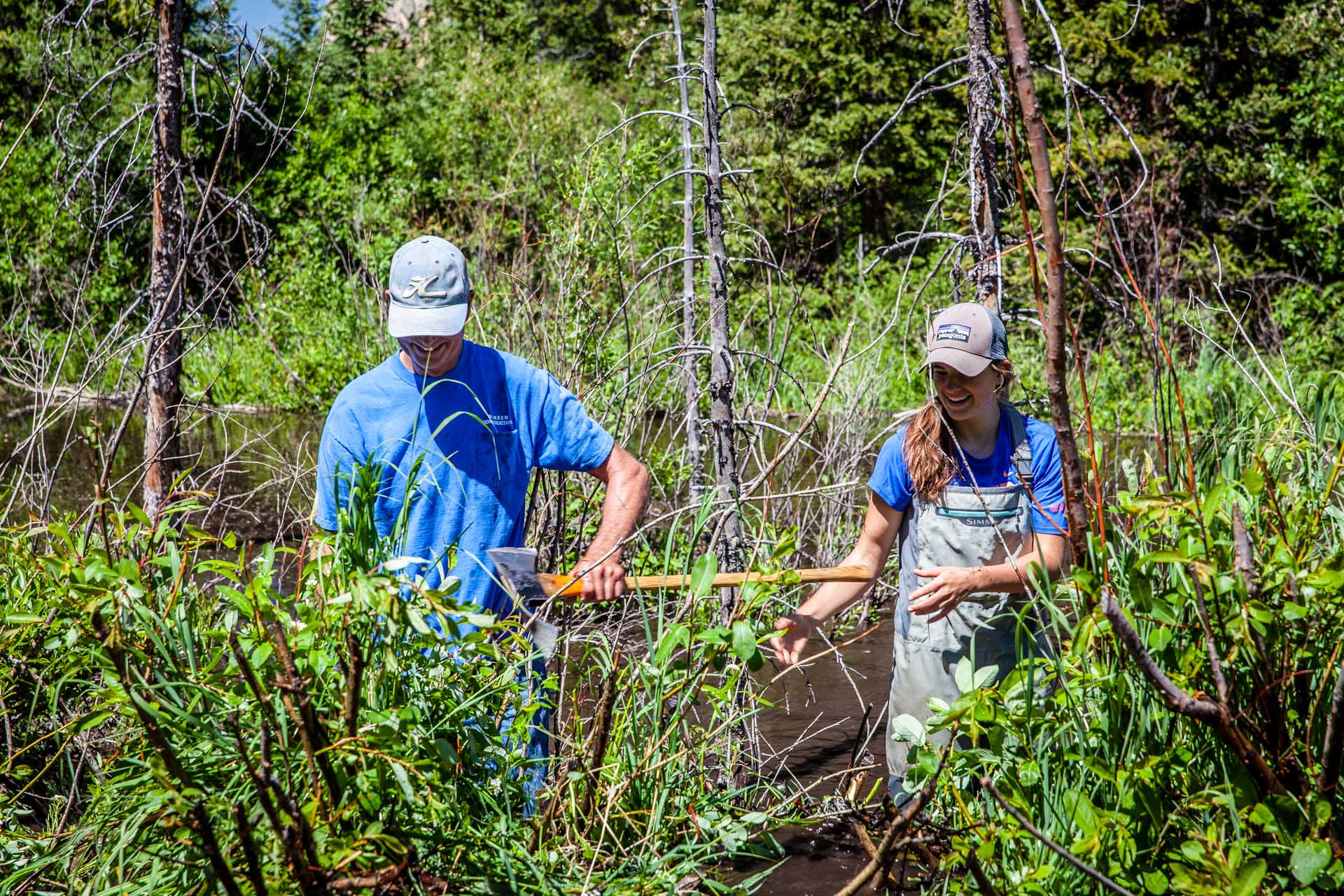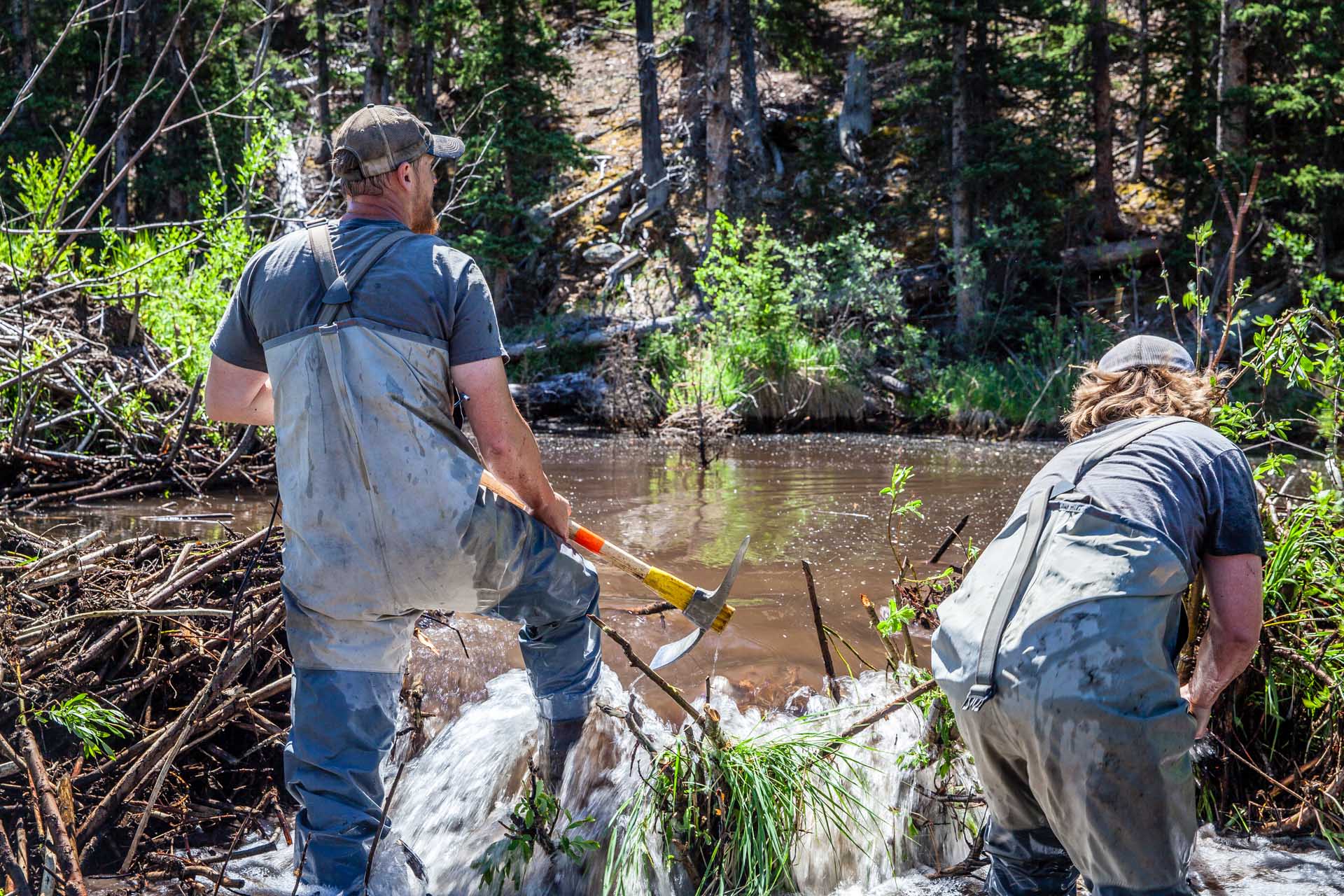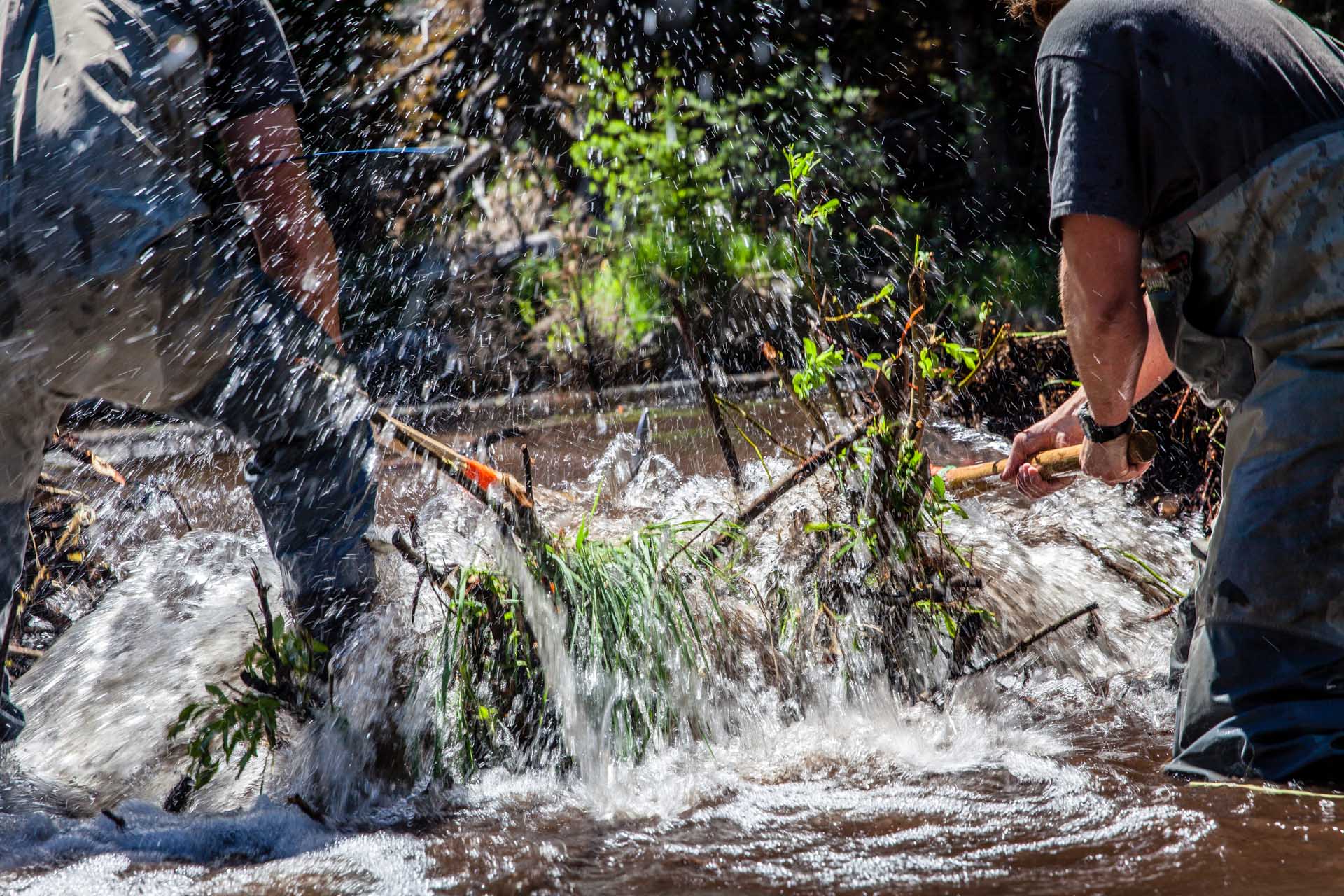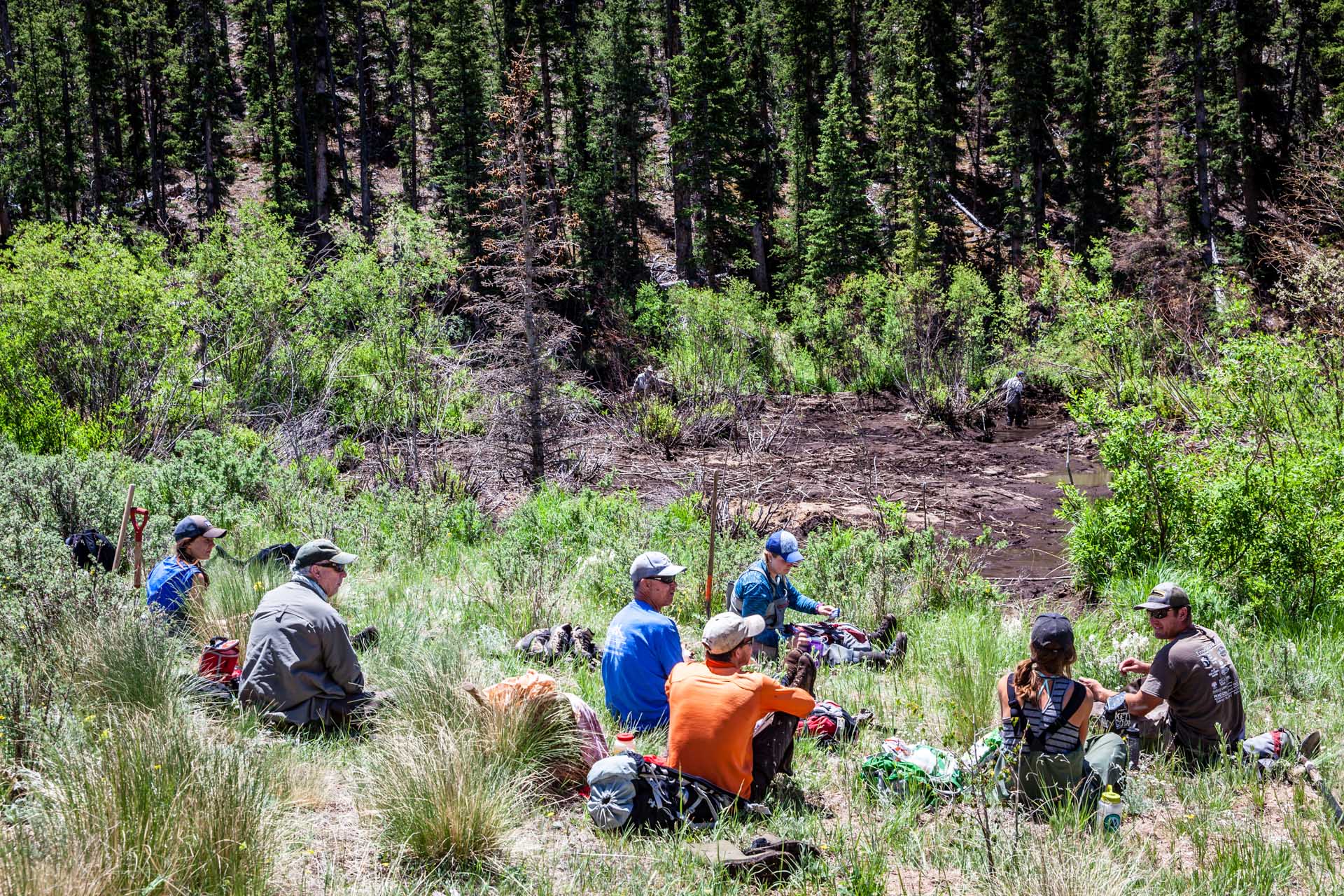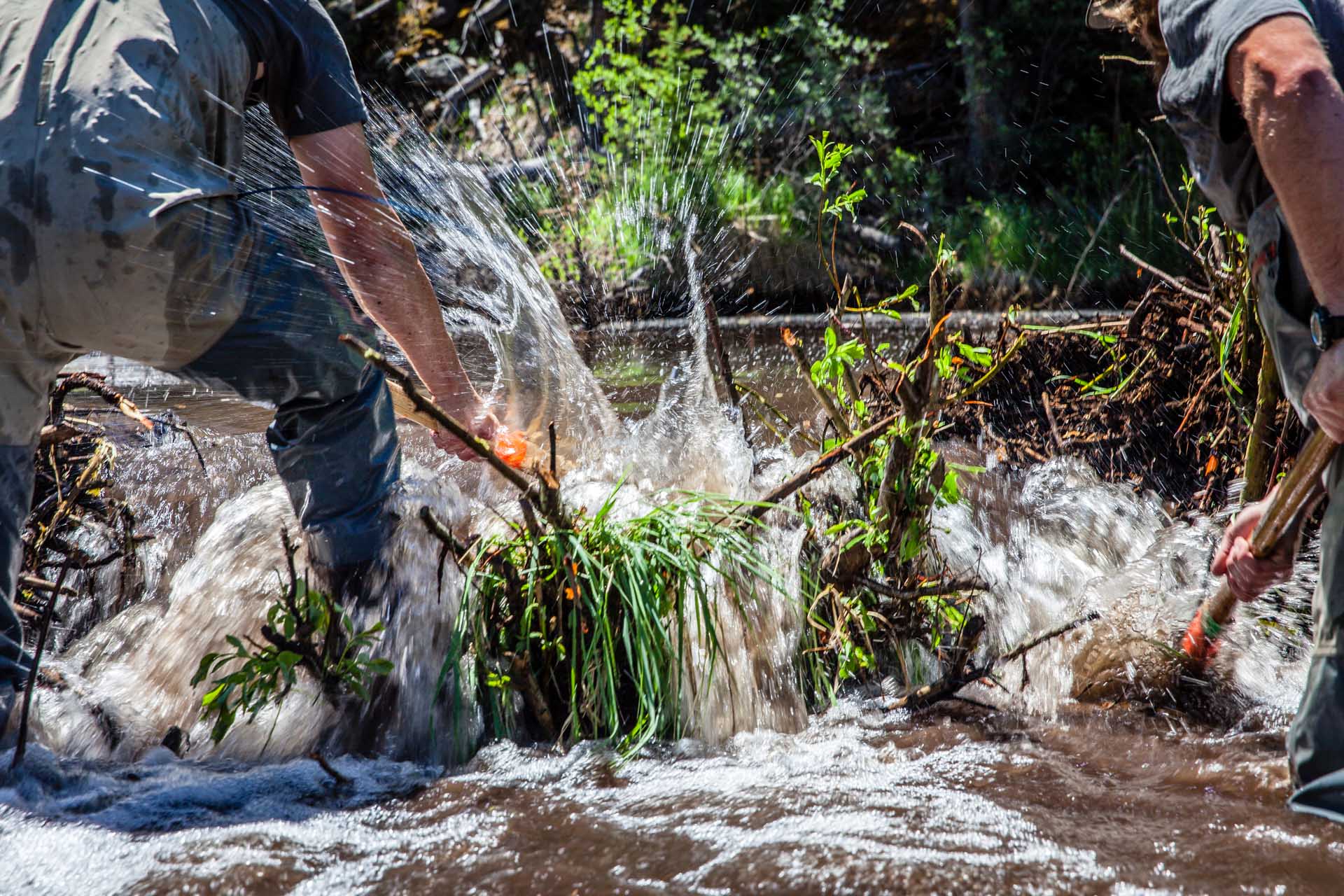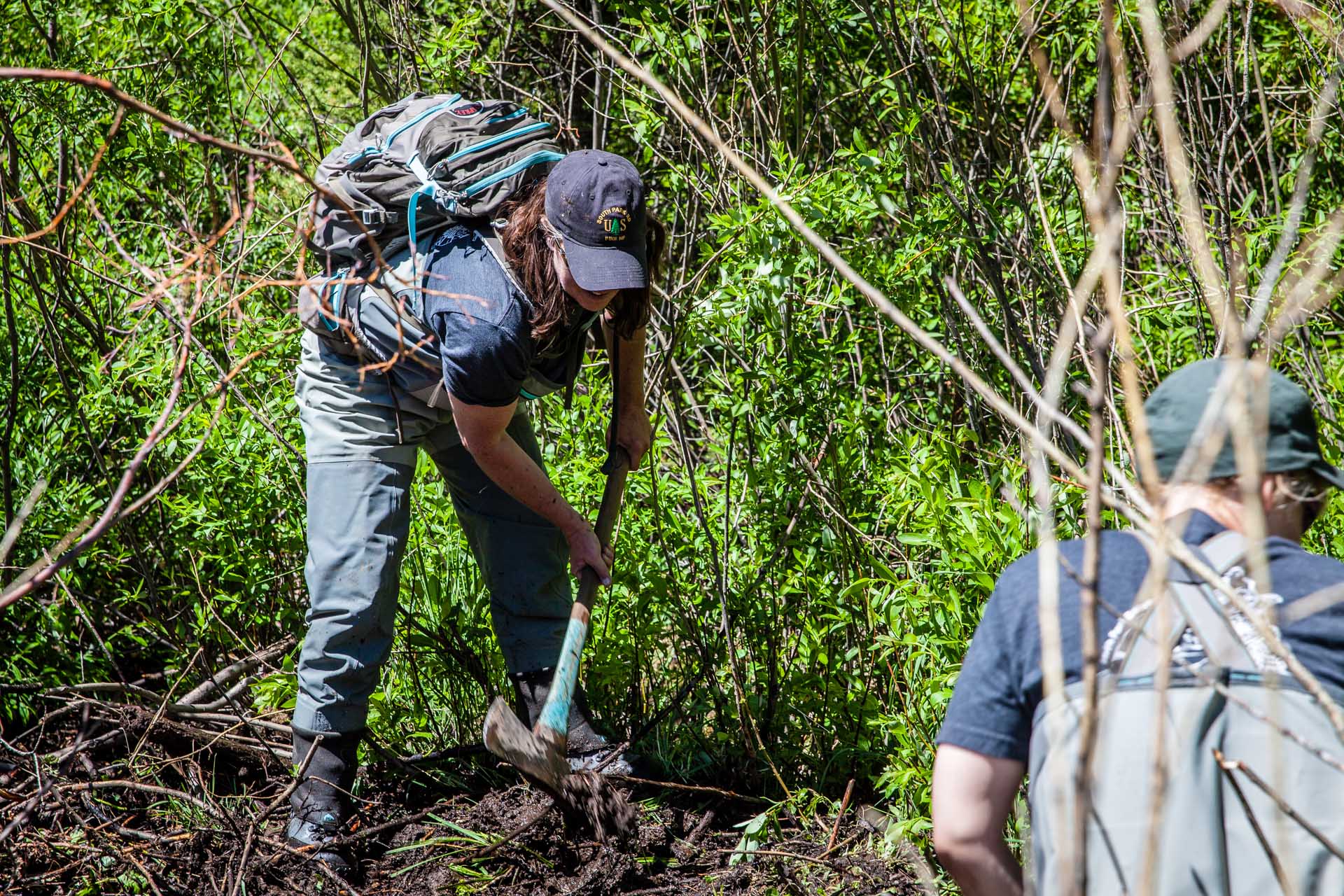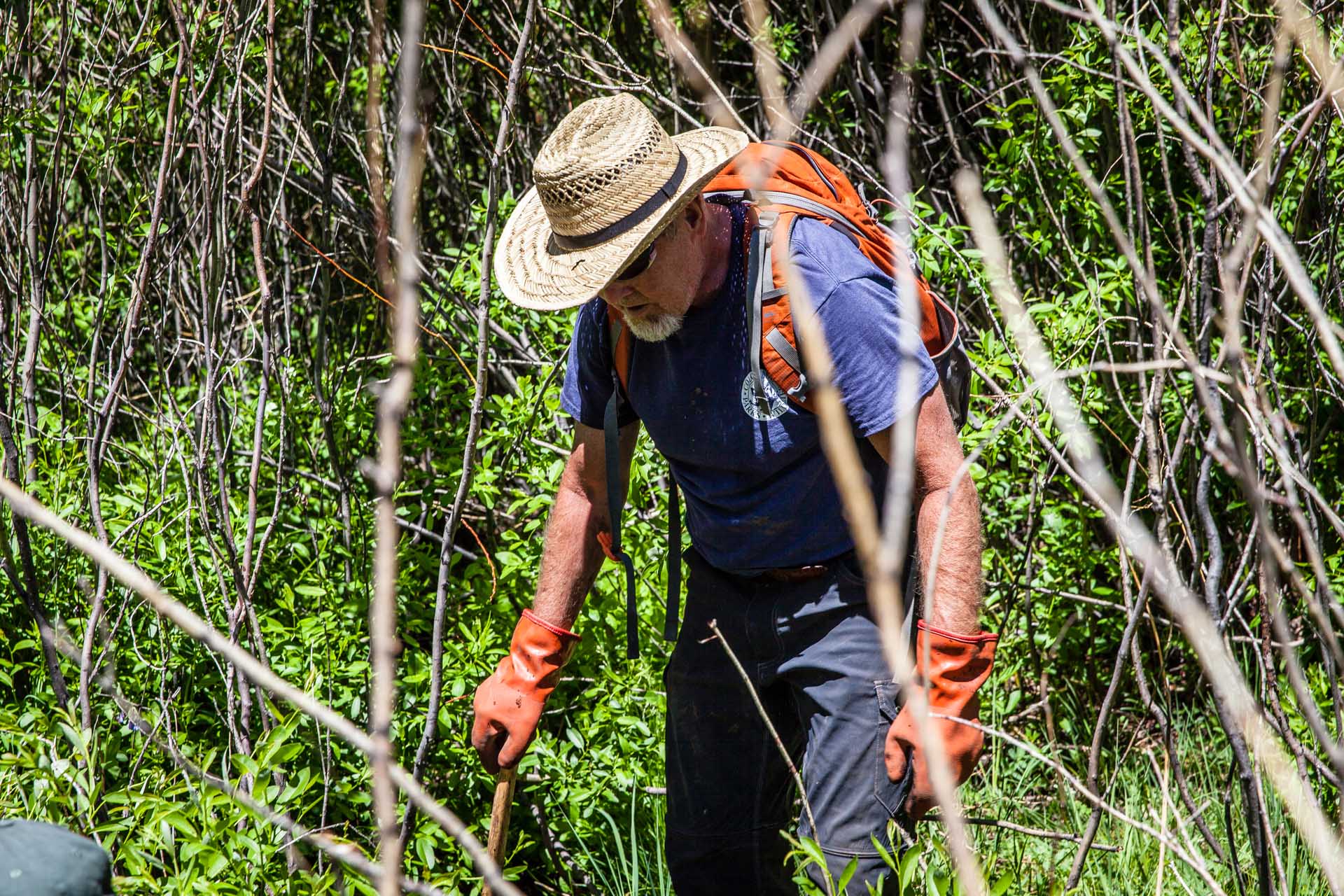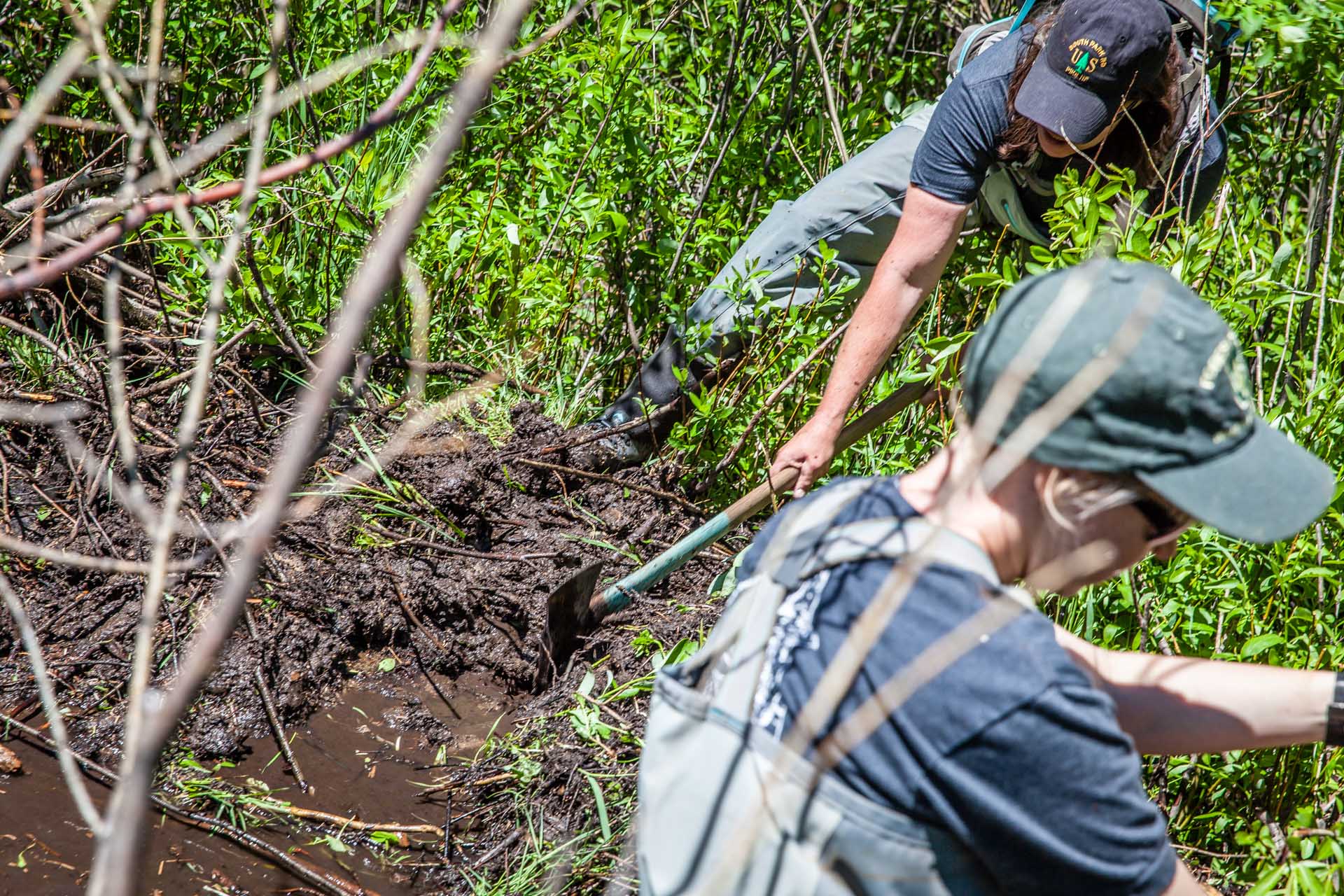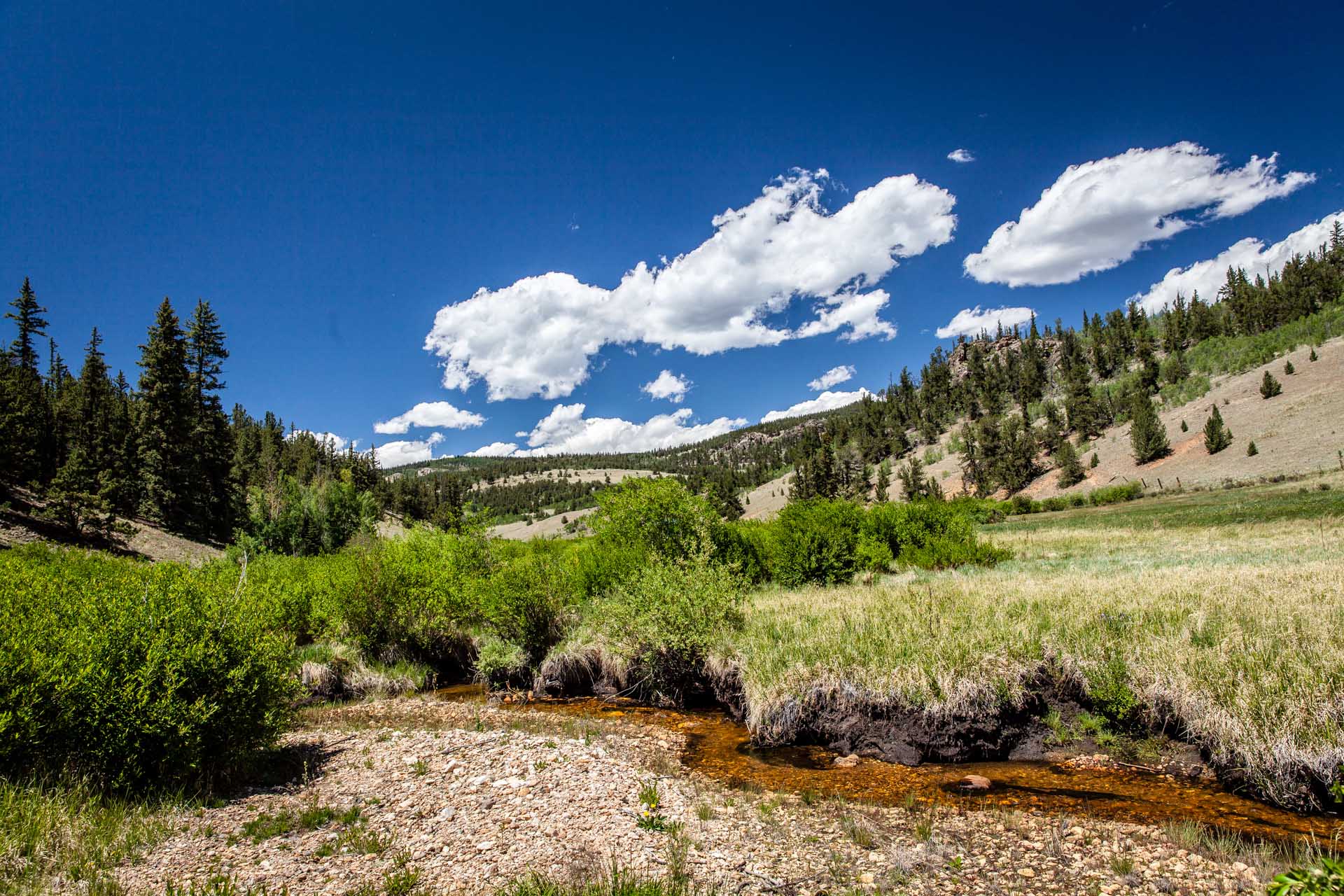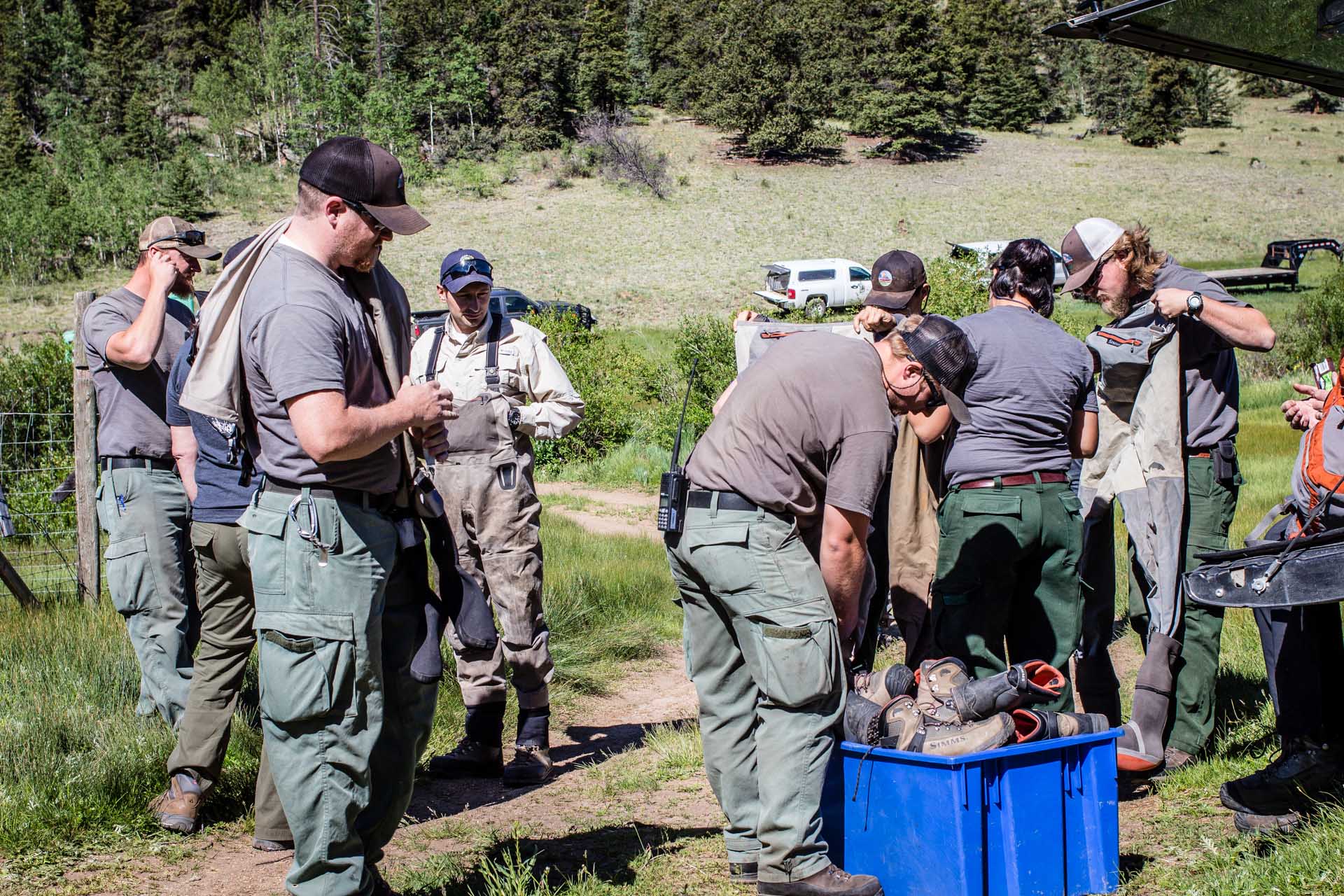Conservationists: Victory for the Maroon Bells Wilderness
Final agreement means Aspen will abandon plans to build dams on Maroon & Castle Creeks
Aspen, CO (Oct. 16, 2018) – Today, Wilderness Workshop, Western Resource Advocates, American Rivers, and Colorado Trout Unlimited celebrated news that the city of Aspen has reached the last agreement necessary for it to permanently abandon its plans to build dams on Maroon and Castle creeks.
“This agreement is a huge victory for the Maroon Bells Wilderness and the Maroon and Castle creeks. The city of Aspen deserves tremendous credit for agreeing not to build these dams and instead pursue smart water alternatives that will enable the city to respond to future needs and to climate change, while preserving this amazing natural environment that draws visitors from all around the world,” said Western Resource Advocates President Jon Goldin-Dubois. “Communities throughout the Colorado River basin face similar dilemmas; Aspen is showing true leadership by demonstrating that it’s possible to find solutions that protect our rivers, preserve our quality of life, and enable future growth.”
“The signing of this final document means the end of conditional water rights that would have allowed dams to be built across Castle and Maroon creeks. The city of Aspen played a leadership role in working to find a set of solutions that will both protect Castle and Maroon creeks and ensure continued water for the citizens of Aspen,” said Will Roush, Executive Director at Wilderness Workshop. “Castle and Maroon creeks have tremendous ecological and community values, this is a moment to celebrate both the continuation of their free-flowing character and the partnership and collaboration with the city of Aspen that led to this outcome.”
“This is a significant victory for rivers in the Roaring Fork Valley,” said Matt Rice, Colorado River Basin Director for American Rivers. “We applaud the city of Aspen for working with the community to find more sustainable and cost-effective water supply solutions. Thanks to the hard work and persistence of so many people who love this special place, these creeks will forever flow free.”
“Sacrificing the places that make Colorado great is the wrong answer for meeting future water needs,”
“We appreciate the city of Aspen’s commitment to meet its water supply needs in ways that protect these much-loved valleys and creeks, and the wild trout that call them home” said David Nickum, Executive Director of Colorado Trout Unlimited.
If built, the dams proposed on Maroon and Castle creeks would have flooded important wildlife and recreation areas in addition to portions of the Maroon Bells-Snowmass Wilderness Area, forever changing two of the most beautiful, visited, and photographed valleys in Colorado.
The plans were opposed by Wilderness Workshop, Western Resource Advocates, American Rivers, and Trout Unlimited, as well as several other parties, including Pitkin County and the U.S. Forest Service. This spring, after extensive negotiations, the conservation organizations signed agreements with the city, requiring it to relocate its water rights and abandon plans to build reservoirs with dams on Castle and Maroon creeks, regardless of whether it is successful in moving these rights to alternative locations. However, the agreements were contingent on the city reaching accord with other opposers in the case. Final agreement ending plans for a dam and reservoir on Castle Creek was reached in late summer. Today, the city announced a final settlement regarding the dam and reservoir on Maroon Creek.
The agreements commit Aspen to pursuing more river-friendly water storage strategies. The city will seek to move a portion of its water rights to a suite of more environmentally friendly water storage locations within and downstream of the city limits, including a site near the gravel quarry at Woody Creek. The city of Aspen played a critical role in helping find solutions to protect the two creeks while maintaining an important source of water for the community.
Western Resource Advocates works to protect the West’s land, air, and water so that our communities thrive in balance with nature. WRA’s team of scientists, lawyers, and economists craft and implement innovative solutions to the most complex natural resource challenges in the region. For more information, visit www.westernresourceadvocates.org and follow us on Twitter @wradv.
Wilderness Workshop is dedicated to preservation and conservation of the wilderness and natural resources of the White River National Forest and adjacent public lands. WW engages in research, education, legal advocacy and grassroots organizing to protect the ecological integrity of local landscapes and public lands. WW is the oldest environmental nonprofit in the Roaring Fork Valley, dating back to 1967 with a membership base of over 800. Learn more at http://www.wildernessworkshop.org/.
American Rivers protects wild rivers, restores damaged rivers, and conserves clean water for people and nature. Since 1973, American Rivers has protected and restored more than 150,000 miles of rivers through advocacy efforts, on-the-ground projects, and an annual America’s Most Endangered Rivers® campaign. Headquartered in Washington, DC, American Rivers has offices across the country and more than 275,000 members, supporters, and volunteers. Rivers connect us to each other, nature, and future generations. Find your connections at www.AmericanRivers.org.
Colorado Trout Unlimited is dedicated to conserving, protecting and restoring Colorado’s coldwater fisheries and their watersheds. With a grassroots base comprised of nearly 12,000 members in 24 local chapters across the state, CTU works both locally and statewide through advocacy, education, and on-the-ground restoration projects. For more information visit www.coloradotu.org.
NEWS RELEASE
Contacts:
Jennifer Talhelm, Western Resource Advocates Communications Director,
202-870-4465, Jennifer.talhelm@westernresources.org
Will Roush, Wilderness Workshop Executive Director,
206-979-4016, will@wildernessworkshop.org
Matt Rice, American Rivers Colorado River Basin Program Director,
303-454-3395, mrice@americanrivers.org
David Nickum, Colorado Trout Unlimited Executive Director,
303-440-2937 x1, david.nickum@tu.org










